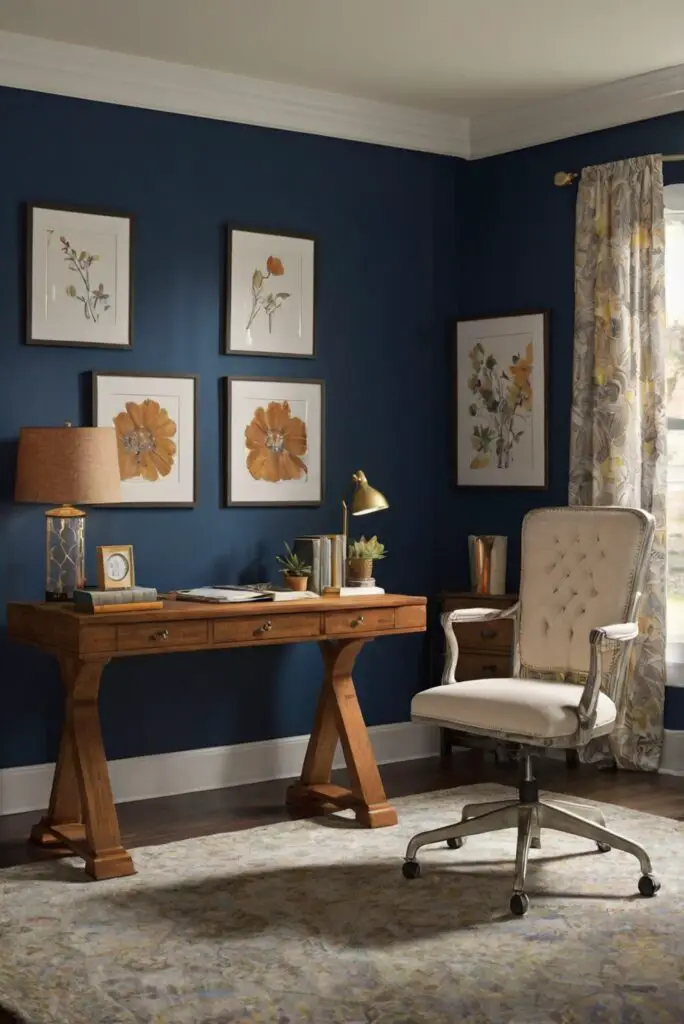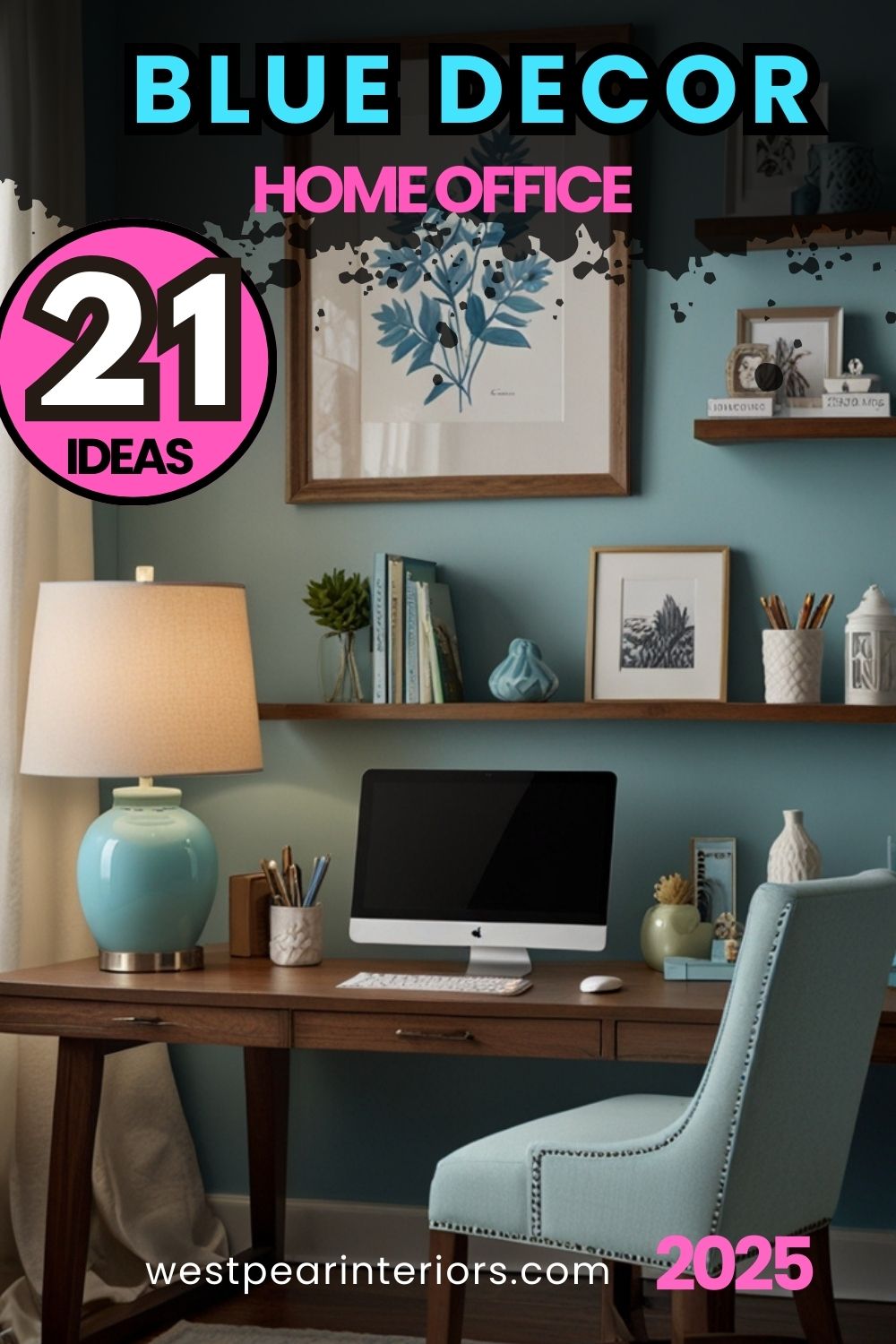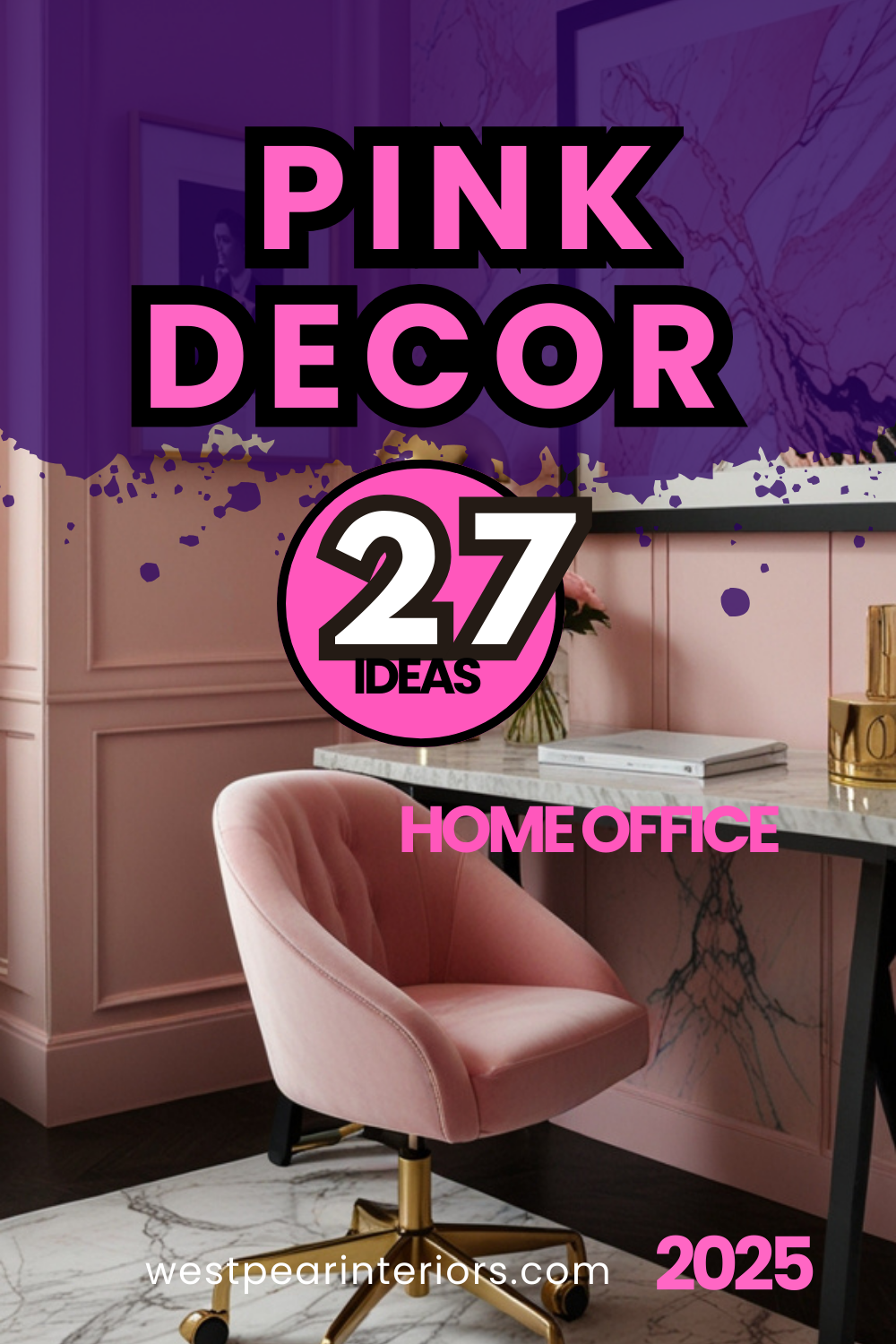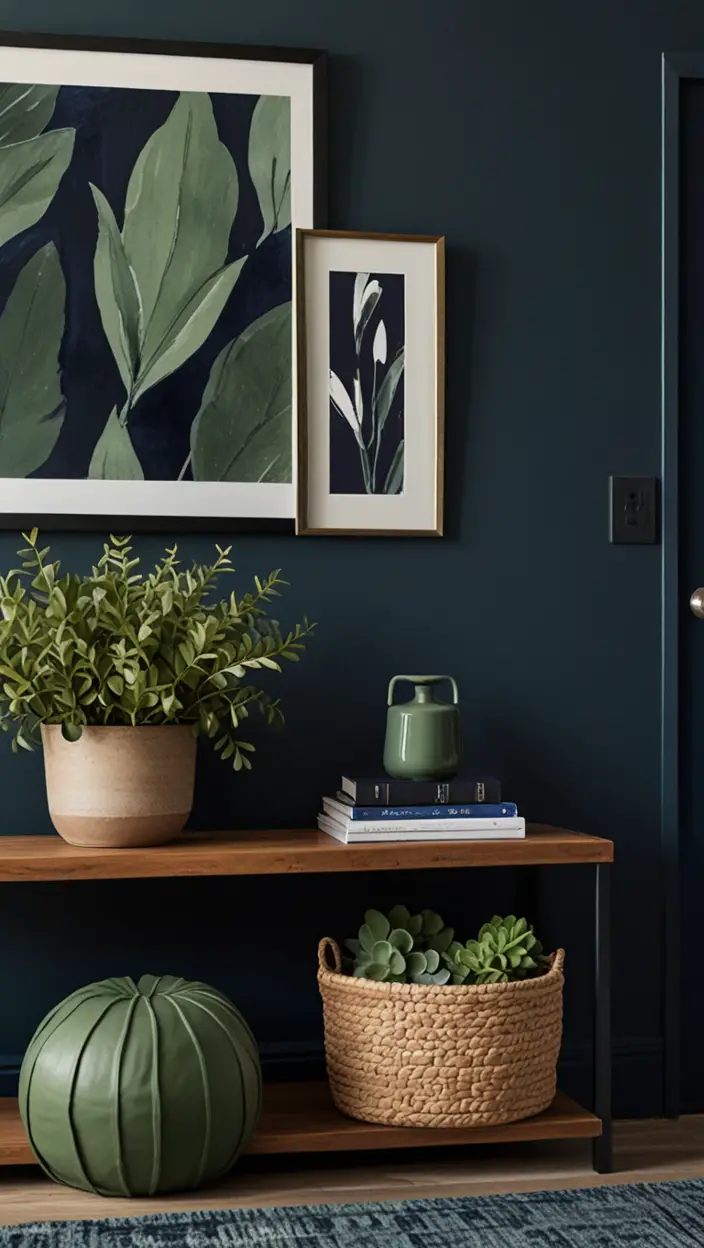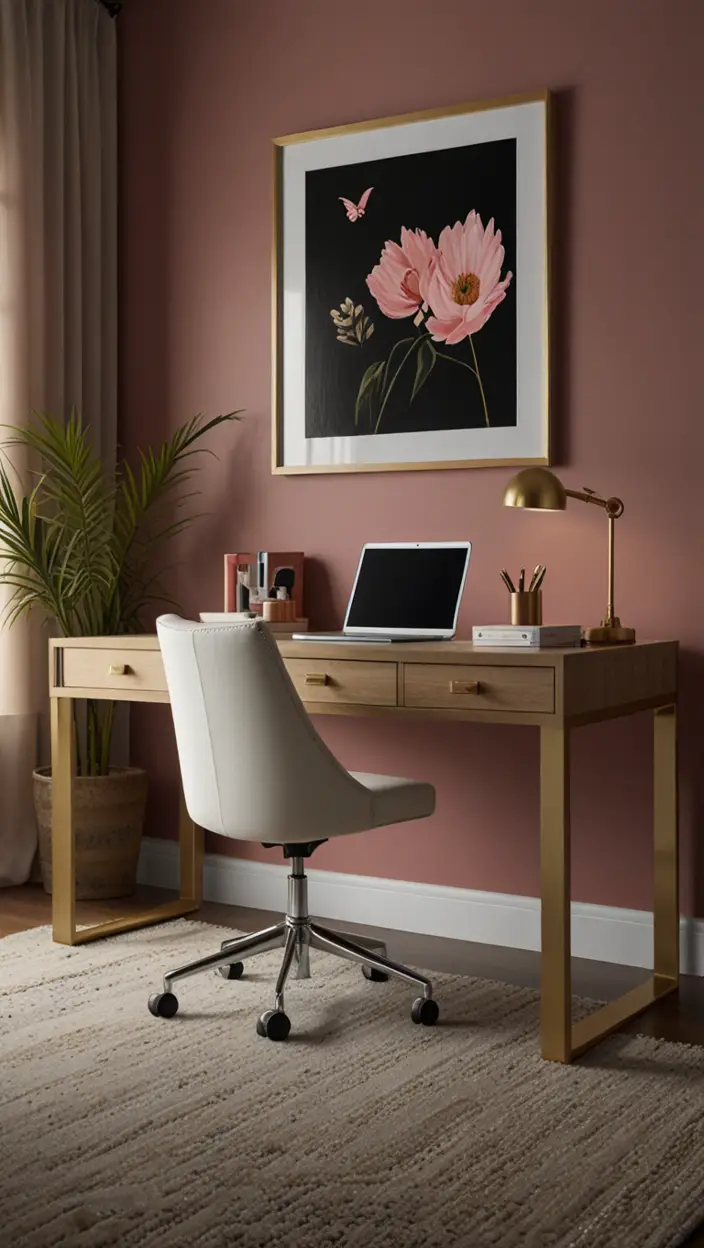Unlock the secrets to boosting productivity with color in your home office. Dive in to discover the perfect hues.
To create a productive home office atmosphere, you can use color strategically in your interior design. Consider painting the walls a calming shade like light blue or green to promote a focused and comfortable work environment. Use accents of energizing colors like yellow or orange to inspire creativity and motivation. Additionally, incorporate furniture in neutral tones to create a cohesive and balanced look. When selecting colors, think about the psychological effects each one has on productivity, such as blues and greens for concentration and reds for stimulating energy. Be sure to balance colors throughout the space for a harmonious and visually appealing home office design. Think about the functionality and aesthetics of each element in your home office, and coordinate colors accordingly to maximize productivity.
Choosing the right color scheme for your home office is crucial to create a productive and conducive work environment. Color psychology plays a significant role in affecting mood, concentration, and productivity. Here are some guidelines on how to use color to create a productive home office atmosphere:
1. Consider the Function of the Space
My Lovely Spring Paint for 2025
Ready for a Spring Makeover? Explore the Freshest 2025 Paint Trends!
White Sage/Green SW Pistachio green Soft blue Honeysweet/Orange Pink Sugar Sage Tint BMAs an Amazon Associate, I may earn a commission from qualifying purchases at no extra cost to you.
When selecting colors for your home office, consider the function of the space. The colors you choose should align with the type of work you do. For example, if you need to stimulate creativity, consider using bold and vibrant colors. If you require a calm and focused environment, opt for softer hues.
2. Importance of Blue and Green
Blue and green are considered the most conducive colors for productivity in a home office environment. Blue is known for promoting calmness and improving focus, while green symbolizes balance and harmony. Incorporating shades of blue and green in your office can help enhance productivity levels.
3. Enhance with Accent Colors
While blue and green are primary colors for productivity, you can enhance the atmosphere of your home office by adding accent colors. Accent colors can inject energy, creativity, and personalization into your workspace. Consider using accents in yellow for positivity, orange for enthusiasm, or red for heightened energy levels.
4. Incorporate Color Through Decor Accessories
My fAV Spring DECOR for 2025
Discover Spring’s Best 2025 Decor Combinations – Perfect for Any Room!
Oversized Indoor Plants White Curved Sofas Rugs BOH Brown Cream Moroccan Hype Boho Rug Outdoor Patio Furniture Sets Topfinel Pillow CoversAs an Amazon Associate, I may earn a commission from qualifying purchases at no extra cost to you.
Incorporating color through decor accessories is a great way to add personality and style to your home office. You can use colorful rugs, artwork, throw pillows, or desk accessories to introduce different hues into the space. These accents can further enhance the overall color scheme and create a visually appealing workspace.
5. Create a Cohesive Look
To create a cohesive look in your home office with a variety of colors, establish a color palette that complements each other. Choose a dominant color as the base and then add secondary colors that harmonize with it. This approach helps create a balanced and visually pleasing environment without overwhelming the space.
6. Impact of Wall Colors on Productivity
The color of your walls can significantly impact your productivity in the home office. Light and neutral tones like soft gray, beige, or white can help create a sense of openness and clarity. Avoid overly bright or distracting colors on the walls as they can hinder concentration and focus.
7. Utilize Natural Light
Natural light is a valuable resource that can complement the color scheme in your home office. It is essential to position your workspace near windows to maximize the exposure to natural light. Natural light can enhance the colors in your office, boost mood, and provide a sense of connection to the outdoor environment.
Utilize personal Key Takeaways h5 html tag section
Key Takeaways:
– Consider the function of your space when choosing colors for your home office.
– Blue and green are conducive colors for productivity.
– Accent colors can enhance the atmosphere of your workspace.
– Incorporate color through decor accessories to add personality.
– Create a cohesive color palette to maintain visual harmony.
– Choose wall colors that promote openness and clarity.
– Utilize natural light to complement your color scheme.

